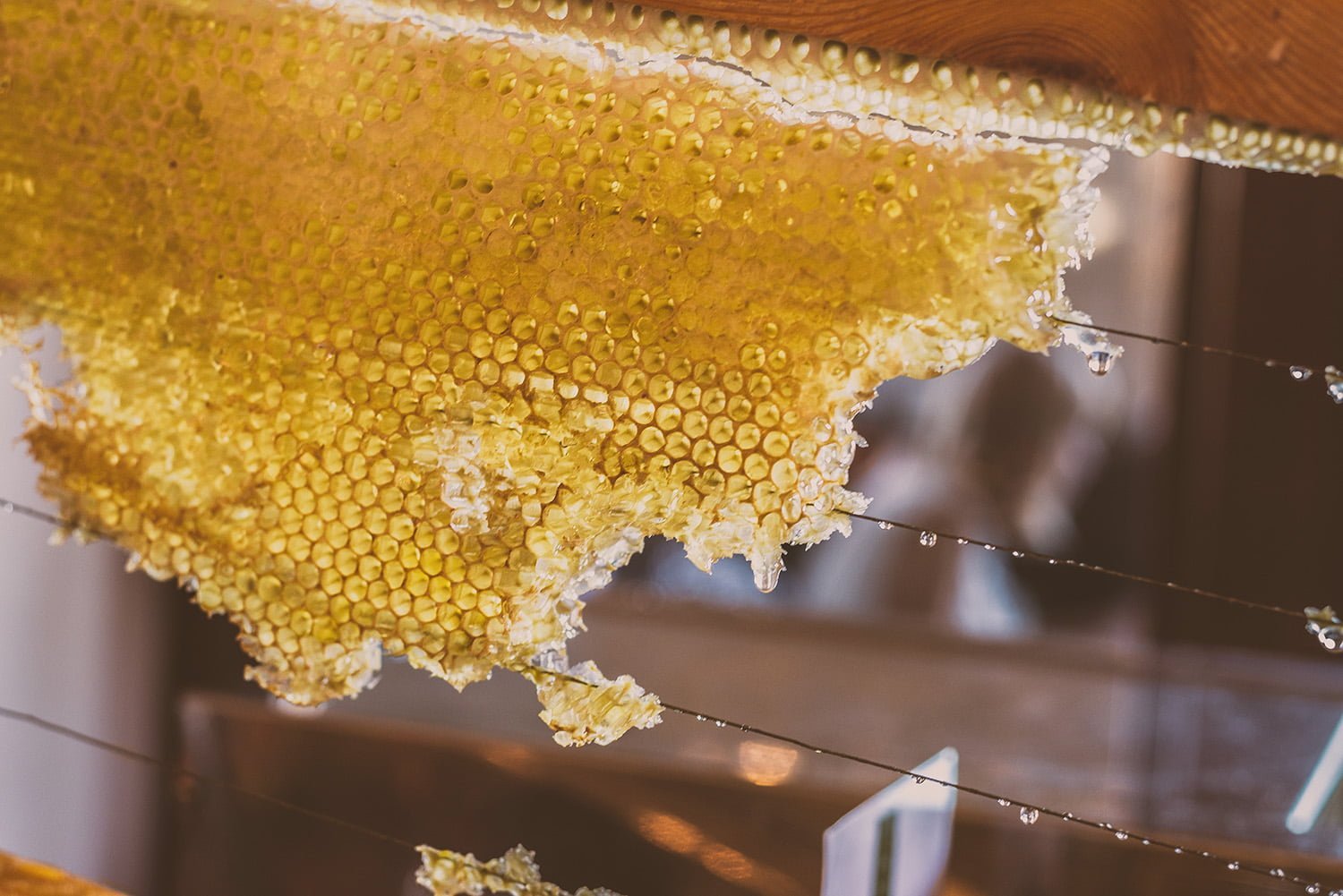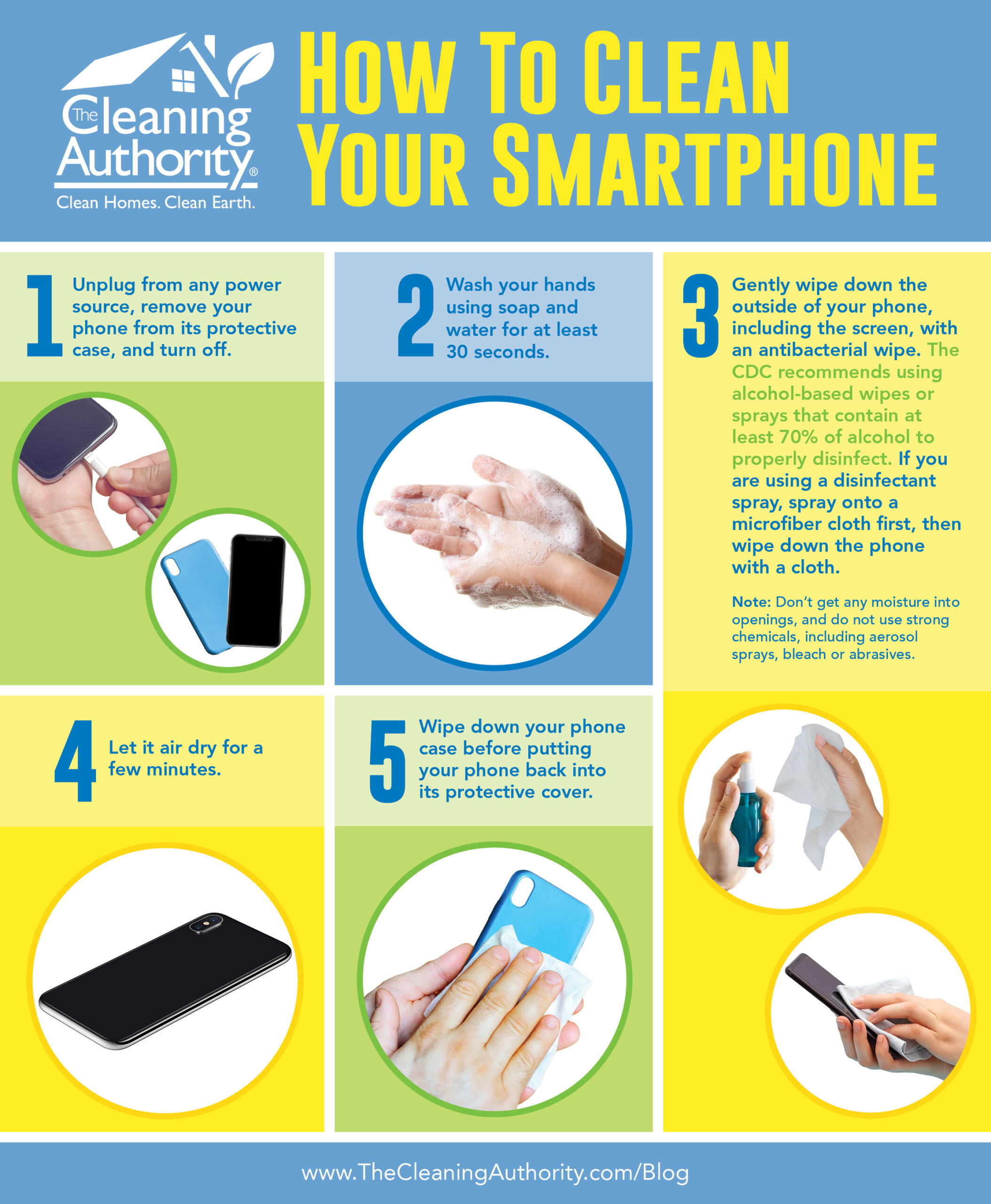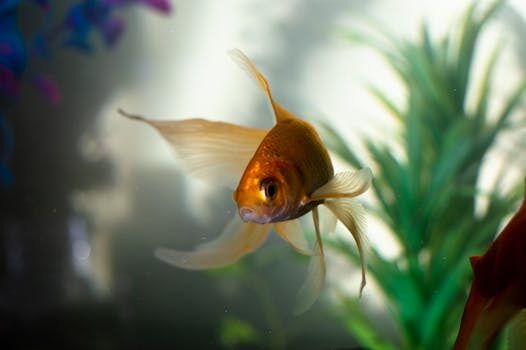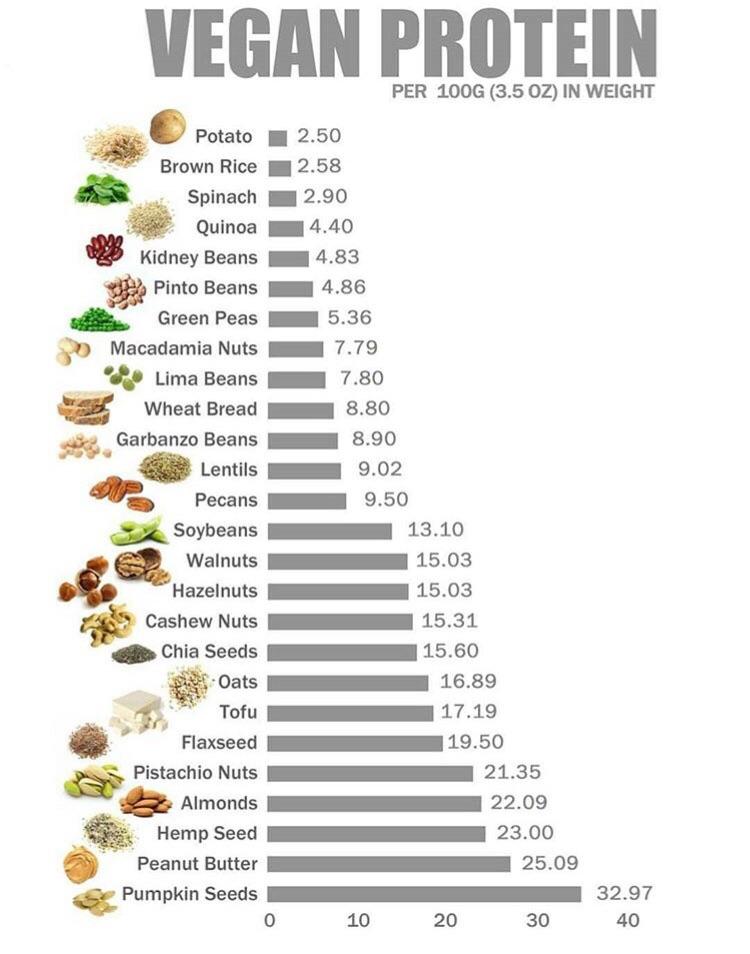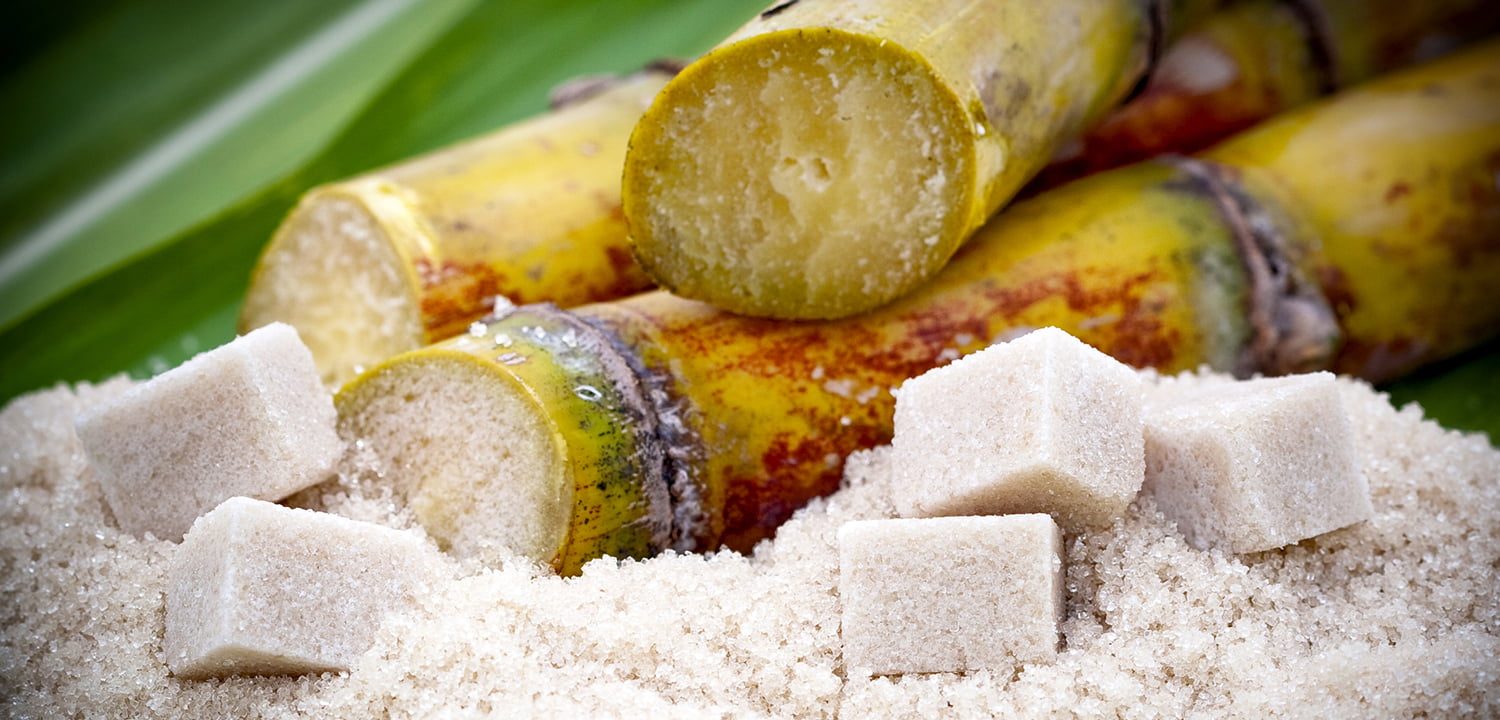Discovering ethical honey is a journey into the world of sustainable beekeeping and responsible consumption. As consumers become more environmentally conscious, the demand for ethical honey products has risen. This natural sweetener, when sourced correctly, can support not only our health but also the well-being of bee populations and the environment.
What is ethical honey and how can I find it? It’s a question that echoes the growing concern for transparent, humane, and environmentally kind practices in food production. This article delves into that question, exploring the multifaceted approach to ethical honey sourcing and consumption.
What is ethical honey and how can I find it near me?
At its core, ethical honey represents a commitment to safeguarding the health of bees, supporting fair trade practices, and ensuring that the environment suffers minimal impact from beekeeping activities. It’s a product that stems from a philosophy of respect and responsibility towards all elements involved in its creation.
Locating ethical honey involves scrutinizing the practices of honey producers. Consumers can seek out local beekeepers who adhere to sustainable practices, or look for certifications that indicate ethical standards. It’s a process of awareness and informed choice, aiming to contribute positively to the world we live in.
One method is to visit local farmers’ markets or health food stores, where you can engage with vendors about their sourcing methods. Additionally, online platforms dedicated to ethical products can be valuable resources for finding ethical honey in your vicinity.
Cruelty-free honey brands: are they real?
The concept of cruelty-free honey often leads to debates, as the term suggests a standard of care that goes beyond basic beekeeping practices. To qualify as cruelty-free, honey brands must demonstrate that they prioritize bee welfare in every aspect of their operations.
There are brands that have committed to such principles, ensuring that their hives are managed in a way that promotes bee health, avoids over-harvesting, and limits transportation stress. These brands often carry certifications that attest to their practices, offering consumers a clearer conscience and a more sustainable option.
- Look for labels indicating organic or fair trade certification.
- Research the brand’s beekeeping practices and commitment to animal welfare.
- Support local beekeepers who practice sustainable beekeeping.
Is honey ethical? Understanding its production practices
The ethics of honey production are not black and white and involve a spectrum of practices that range from mass production to small-scale artisanal beekeeping. The industrialization of honey production has raised concerns about the welfare of bees, including their health and the sustainability of bee populations.
Many argue that ethical honey is a realistic goal if beekeepers adopt practices that prioritize the well-being of bees over profit. This includes allowing bees to keep enough honey for their own needs, refraining from practices that may harm bees, and using organic methods of pest control.
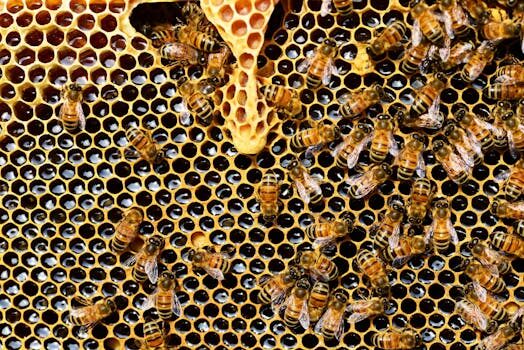
The discussion of ethical honey is incomplete without considering the impact of beekeeping on the environment. Ethical honey should come from sources that do not contribute to deforestation, habitat loss, or pollution.
What are some examples of ethical practices in honey production?
Ethical honey production is characterized by a set of practices that collectively contribute to a healthier, more sustainable method of beekeeping. These practices include:
- Providing safe, natural habitats for bees.
- Minimizing transportation and handling to reduce stress on bee populations.
- Ensuring that bees have sufficient honey reserves for their sustenance.
- Promoting biodiversity and supporting local ecosystems.
- Using non-invasive methods for honey extraction.
How to identify true source certified honey?
True Source Certification is an initiative that aims to help consumers identify honey that has been ethically and sustainably sourced. This certification requires transparency in the supply chain and adherence to legal sourcing.
When looking for True Source Certified honey, check for the official logo on the packaging. Verify the certification by visiting the True Source Honey website, where you can trace the honey to its origin. This process gives consumers assurance that the honey they purchase is authentic and responsibly harvested.
True Source Certified honey is subject to regular audits, ensuring that the brand upholds the standards of the certification. Supporting these products means you’re helping to combat honey fraud and promoting responsible beekeeping practices.
What should you know about raw honey?
Raw honey is celebrated for its minimal processing, which preserves its natural vitamins, enzymes, and antioxidants. However, when considering raw honey from an ethical standpoint, it’s crucial to understand the source.
True raw honey comes directly from the hive without being heated or pasteurized. Consumers should seek raw honey from beekeepers who employ ethical practices, as the quality and purity of the honey are heavily dependent on the health of the bees and their environment.
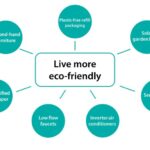 What’s an eco-chic wedding dress and how can you get one?
What’s an eco-chic wedding dress and how can you get one?Not all raw honey is created equal, and certifications such as organic and raw can provide additional assurances about the ethical nature of the product. Always research the practices of the producer to ensure that their values align with those of ethical beekeeping.
Exploring the benefits of manuka honey: is it worth it?
Manuka honey, derived from the nectar of the New Zealand Manuka bush, is renowned for its unique healing properties. It is often marketed as a premium product, but the ethical considerations of its production are equally significant.
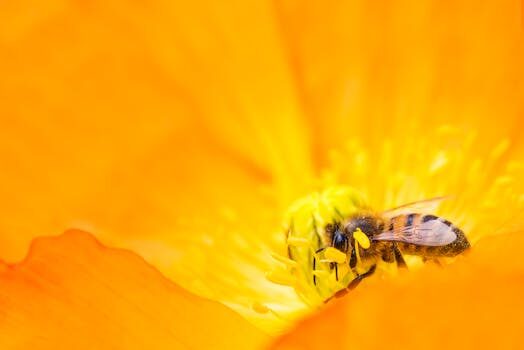
Manuka honey’s worth extends beyond its health benefits; it represents a model of sustainable production when obtained from sources that maintain high environmental and ethical standards. Supporting sustainable Manuka honey contributes not only to personal health but also to the health of the environment.
Always check for certifications like UMF (Unique Manuka Factor) that validate the authenticity and quality of Manuka honey. These certifications often have stringent criteria that align with ethical and sustainable production.
Before delving into our PAA section, let’s take a moment to watch a video that provides further insight into ethical honey production and sustainable beekeeping practices. This insightful video enhances our understanding of the topic.
Further inquiries into ethical honey and bee welfare
What is ethical honey?
Ethical honey is the product of beekeeping practices that prioritize the welfare of bees, environmental sustainability, and fair labor conditions. This includes ensuring that bees have enough honey for their own needs, that their natural behaviors are respected, and that beekeepers use organic, non-harmful methods for managing hives and extracting honey.
It’s not just about the end product; ethical honey is about the entire journey from hive to table. Consumers seeking ethical honey should look for transparency in sourcing, certifications, and the overall philosophy of the brand concerning bee welfare and environmental stewardship.
How can I find ethical honey near me?
Locating ethical honey in your area can be as simple as visiting local farmers’ markets or specialty stores that focus on organic and sustainably produced goods. Engage with sellers to learn about their beekeeping practices and source of their honey.
Another option is to utilize online directories that list ethical honey suppliers. Look for labels and certifications that indicate a commitment to ethical practices, such as True Source, organic, or fair trade. Remember, supporting local beekeepers often means you’re contributing to more sustainable and ethical beekeeping practices.
Are there cruelty-free honey brands?
Yes, there are brands that tout themselves as cruelty-free, focusing on the humane treatment of bees throughout their honey production process. These brands ensure that bees are not subjected to harmful practices and that their natural life cycles are respected.
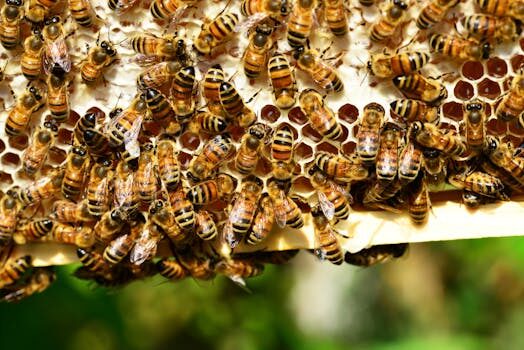
Brands that commit to cruelty-free practices often engage in small-scale, sustainable beekeeping, avoiding the pitfalls of commercial honey production that can lead to unethical treatment of bees. Look for certifications and check the brand’s specific practices to ensure their commitment to cruelty-free standards.
What are the ethical issues surrounding honey production?
The ethical issues in honey production range from the overworking of bees to the destruction of hives after harvesting, and the use of harmful pesticides that affect bee health. There’s also the concern of habitat destruction and the overall impact of mass beekeeping practices on the environment.
Being informed about these issues allows consumers to make choices that support more ethical practices. Choosing ethical honey is a step towards mitigating these concerns and promoting a more sustainable and humane approach to beekeeping.
Is honey considered ethical consumption?
Honey can be considered ethical consumption when it’s sourced from beekeepers who practice sustainable and humane beekeeping. The key is to ensure that the honey is obtained in a way that protects bee populations, supports fair labor practices, and has a minimal environmental footprint.
As consumers, we hold the power to demand and support ethical consumption. By choosing ethical honey, we contribute to a market that values animal welfare, environmental sustainability, and social responsibility.
 Why I Said Goodbye to My Foam Mattress and Hello to Natural Latex
Why I Said Goodbye to My Foam Mattress and Hello to Natural LatexIn conclusion, understanding and choosing ethical honey is a step towards a more sustainable and responsible lifestyle. It’s a commitment to the environment, to the bees that work diligently to produce this natural sweetener, and to the ideals of fair trade and humane treatment. By being mindful of the honey we consume, we can all play a part in fostering a better future for our planet and its inhabitants.

